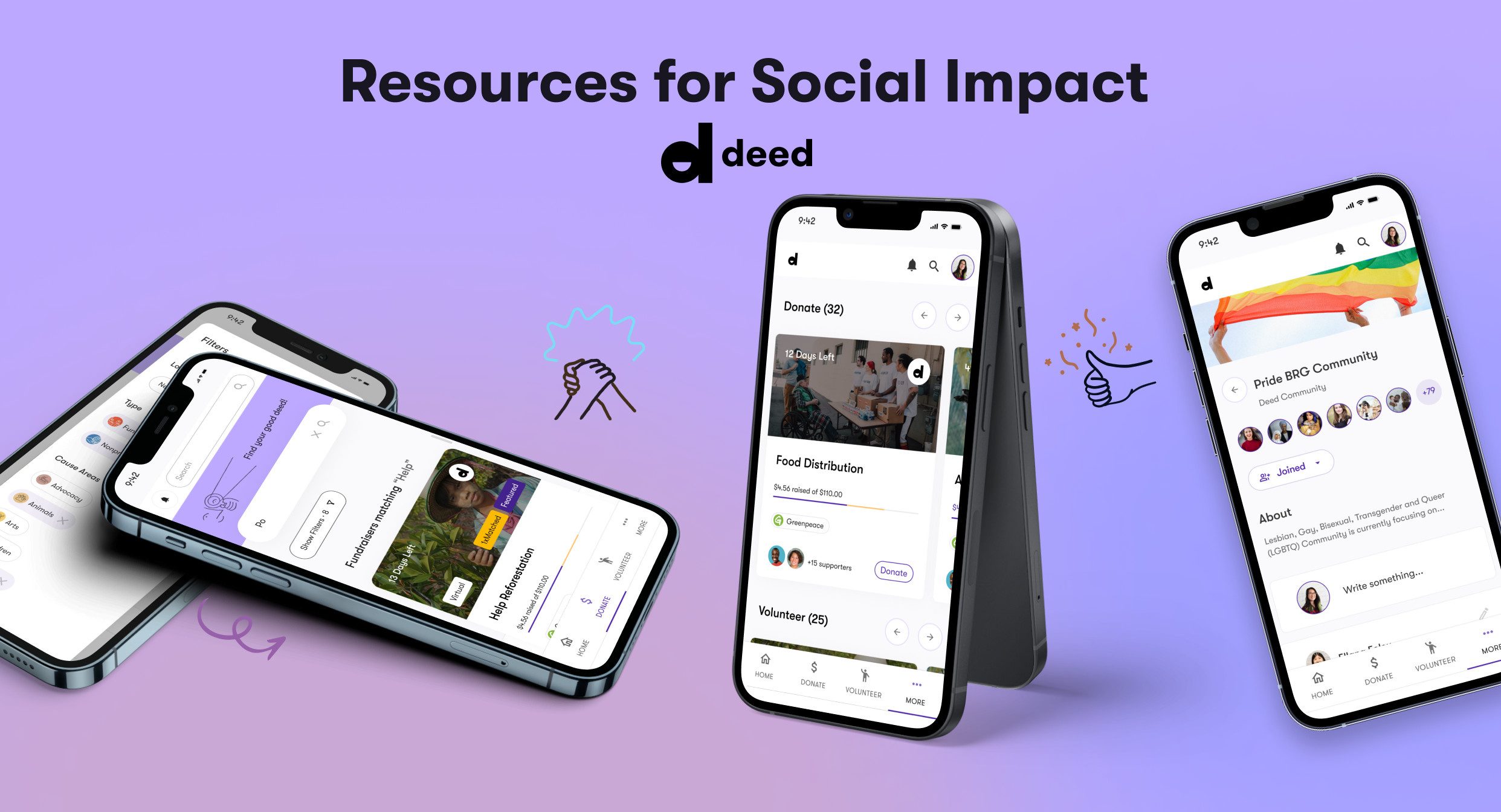[Social Impact 101] Transforming Industries with Technology: Lessons from Fortune 500 Leaders
Technology is rapidly transforming industries across the world, and Fortune 500 leaders have been at the forefront of this transformation. These leaders have been leveraging technology to drive innovation, increase efficiency, and gain a competitive edge. In this article, we will explore some of the lessons that can be learned from these leaders and how they are transforming industries with technology.
Lesson 1: Embrace Change
One of the key lessons that can be learned from Fortune 500 leaders is the importance of embracing change. Technology is constantly evolving, and leaders who embrace this change and are willing to adapt to new technologies are better positioned to succeed. For example, Amazon has embraced change by continuously innovating its business model and leveraging technology to disrupt traditional retail models. Its acquisition of Whole Foods and the launch of Amazon Go stores demonstrate how the company is leveraging technology to transform the grocery industry.
Lesson 2: Focus on the Customer
Another important lesson that can be learned from Fortune 500 leaders is the importance of focusing on the customer. Companies that prioritize customer experience are more likely to succeed in today's competitive landscape. For example, Apple has focused on creating a seamless customer experience across its products and services, from the iPhone to Apple Music. By putting the customer first, Apple has been able to create a loyal customer base that continues to drive its success.
Lesson 3: Leverage Data Analytics
Fortune 500 leaders have also demonstrated the importance of leveraging data analytics to drive innovation and improve decision-making. By analyzing data, companies can gain valuable insights into customer behavior, market trends, and operational efficiency. For example, Walmart has leveraged data analytics to optimize its supply chain and improve inventory management. By analyzing data in real-time, Walmart has been able to reduce waste and save millions of dollars in operational costs.
Lesson 4: Adopt Cloud Computing
Cloud computing has revolutionized the way businesses operate, and Fortune 500 leaders have been quick to adopt this technology. By moving to the cloud, companies can benefit from increased scalability, improved security, and reduced costs. For example, GE has adopted a cloud-first strategy to streamline its operations and improve collaboration across its global workforce. By leveraging cloud technology, GE has been able to reduce costs and increase efficiency.
Lesson 5: Invest in Artificial Intelligence
Artificial intelligence (AI) has the potential to transform industries in ways we have yet to imagine. Fortune 500 leaders have recognized the importance of investing in AI to drive innovation and gain a competitive edge. For example, Google has invested heavily in AI research and development, with a focus on natural language processing, computer vision, and machine learning. By leveraging AI, Google has been able to create new products and services, such as Google Assistant and Google Translate, that are transforming the way we interact with technology.
In conclusion, technology is transforming industries across the world, and Fortune 500 leaders are at the forefront of this transformation. By embracing change, focusing on the customer, leveraging data analytics, adopting cloud computing, and investing in AI, these leaders are driving innovation and gaining a competitive edge. Businesses of all sizes can learn from these lessons and leverage technology to transform their own industries. The key is to be open to change, prioritize the customer, and stay ahead of the curve when it comes to technology.
Why a purposeful industry is a better industry
Deed is a workplace giving and volunteering platform that puts people first, because user experience shouldn’t stand between you and doing good. We help CSR and DEIB teams alike to centralize all their programming, from emergency fundraisers to fun volunteering events, and engage diverse employee resource groups, with the data and insights they need to drive engagement. Ready to make a difference?


